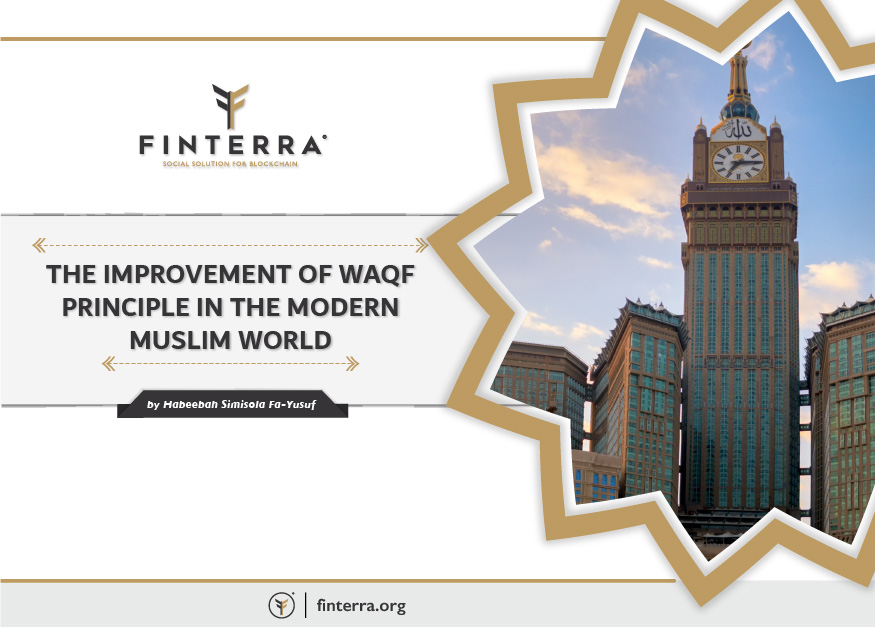One of the major improvements of waqf principle in the contemporary Muslim world is the movement away from using fixed assets as waqf. In modern times, other kinds of awqaf such as cash waqf, waqf shares, corporate waqf and books have evolved.
Cash waqf is an innovative waqf model which offers mobility. Its origins can be traced to the 15
th Ottoman empire. According to the New Strait Times, cash waqf offers flexibility and simplicity in waqf management since it does not require the waqif to be so wealthy. A very good example of cash waqf is in making cash donations to maintain a mosque established through waqf. Indeed, cash waqf has the potential to solve the problems of unproductive and immobilized waqf properties. Cash waqf can be used to finance not only religious services but also social services such as health and education as well as infrastructure.
In modern times, cash waqf has evolved into e-waqf facilities which involve online transactions. One of the branches of e-waqf is waqf through blockchain technology. This is one service
Finterra offers. Blockchain technology when embedded in waqf offers trust, accountability, traceability and immutability.
Like cash waqf, waqf shares offer flexibility and simplicity since it is not only limited to wealthy individuals as donors. Waqf shares could also be harnessed to finance property waqf such as land and buildings. The main difference between cash waqf and waqf shares is that in the latter, there might be some returns given to the waqif.
Corporate waqf is an innovative waqf model adopted by companies that would like to pool funds for their social responsibility activities such that the funds are available even beyond the life-span of the company.
The innovative waqf models mentioned so far are not without controversies. One of the controversies is that cash waqf deviates from the conditions of irrevocability, perpetuity and inalienability. Another controversy is in the legitimacy of giving out cash waqf or issuing waqf shares as capital for a business.



